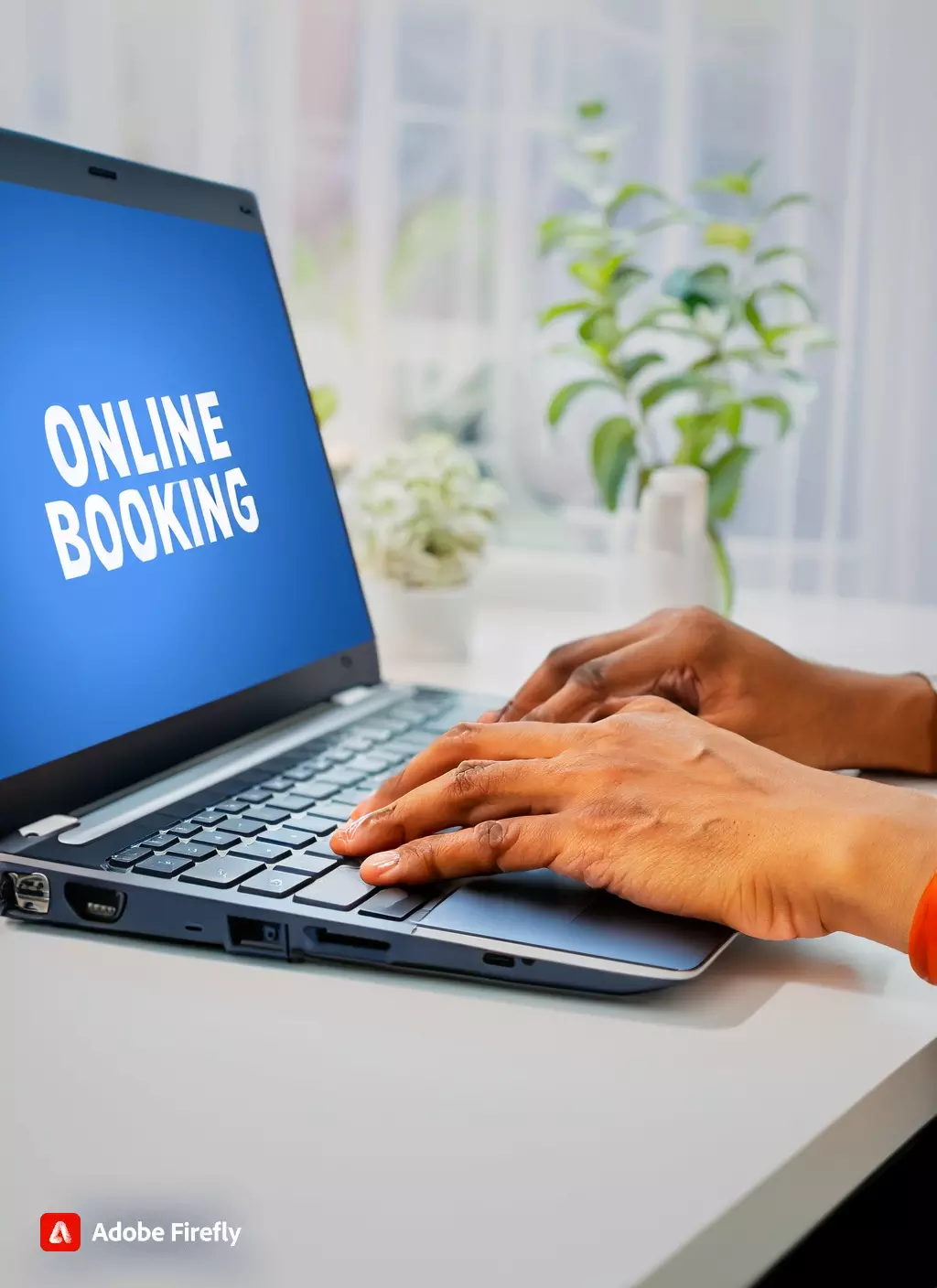
Image Credits: Adobe Firefly
Survey Shows Majority Of Consumers Unhappy With Convenience Fees For Online Bookings
Writer: Ankita Singh
A literature lover who likes delving deeper into a wide range of societal issues and expresses her opinions about the same. Keeps looking for best-read recommendations while enjoying her coffee and tea.
India, 25 Oct 2023 9:43 AM GMT
Editor : Al Arafat Sherfuddeen |
Passionate writer about current events, politics and happenings nationally and globally. An agent of communal harmony and an ardent Arsenal fan.
Creatives : Ankita Singh
A literature lover who likes delving deeper into a wide range of societal issues and expresses her opinions about the same. Keeps looking for best-read recommendations while enjoying her coffee and tea.
The survey was conducted among 10,960 respondents in India and has provided insights into how consumers react to convenience or service charges when booking tickets or services online.
As people increasingly turn to online platforms for booking tickets to various events, a recent survey conducted by LocalCircles has shed light on the issue of convenience fees or internet handling charges that users encounter when booking tickets online. Many popular booking platforms like BookMyShow, PVR, IRCTC, and others impose convenience fees, with some charging as high as 20%.
The survey, which sought to understand consumers' experiences with these convenience charges in the last 12 months, revealed several key findings. Approximately 41% of respondents reported that they have been charged convenience fees for all the services they purchased online, while 38% said they were charged convenience fees for the majority of their online purchases. In contrast, 16% claimed they had never been charged a convenience fee for services bought online, and 5% did not provide a clear response.
In total, the survey found that 79% of consumers surveyed believe they are being charged convenience fees for the services they book online. This has raised questions among consumers, as online ticket booking should theoretically result in cost savings for suppliers or sellers due to reduced manpower and facility expenses, while allowing them to allocate resources to backend servers.
The issue of convenience fees for online bookings has sparked dissatisfaction among a significant majority of consumers, who often find it challenging to understand the rationale behind such fees. As online ticket booking continues to gain popularity, discussions around the necessity and fairness of these charges are likely to persist.
Consumers are calling for greater transparency and fairness in the imposition of convenience fees, especially when these fees significantly impact the overall cost of their online bookings. The debate over convenience fees in the online ticketing industry is expected to continue as more consumers express their concerns and advocate for change in the system.
The survey was conducted among 10,960 respondents in India and has provided insights into how consumers react to convenience or service charges when booking tickets or services online. It revealed that the majority of respondents, a total of 83%, pay for these fees with a sense of disapproval. Only a small minority, 10%, were content to pay the charges as they viewed it as a trade-off for avoiding the need to stand in long queues. Additionally, 5% of respondents preferred to opt for the traditional route of standing in queues for ticket or service purchases.
The Reserve Bank of India (RBI) issued a notification on April 21, 2022, defining "Convenience Fee" as a fixed or pro-rata charge associated with the use of credit or debit cards when they serve as an alternative form of payment, especially when other payment methods are not typically accepted, reported News18.
The survey also sought the opinion of respondents on whether the government should eliminate convenience fees for online bookings. An overwhelming 84% of the respondents voted in favor of abolishing these charges. In contrast, 10% were against the idea, while 6% remained neutral.
The results of the survey suggest that most consumers believe that government intervention is necessary to set an example by removing convenience, service, or transaction fees on digital transactions. Some consumers pointed to the absence of charges in UPI (Unified Payments Interface) transactions as an example to follow.
The survey collected responses from over 32,000 consumers in 319 districts across India. The majority of respondents, about 64%, were men, while 36% were women. Geographically, nearly 46% of the respondents came from tier 1 cities, 32% from tier 2, and 22% from tier 3, 4, and rural areas, providing a comprehensive view of consumer sentiment across the country.
Also Read: Exploring Potential Hazards & Barriers Encountered by AI Chatbots In Delivering Health Tips
 All section
All section














